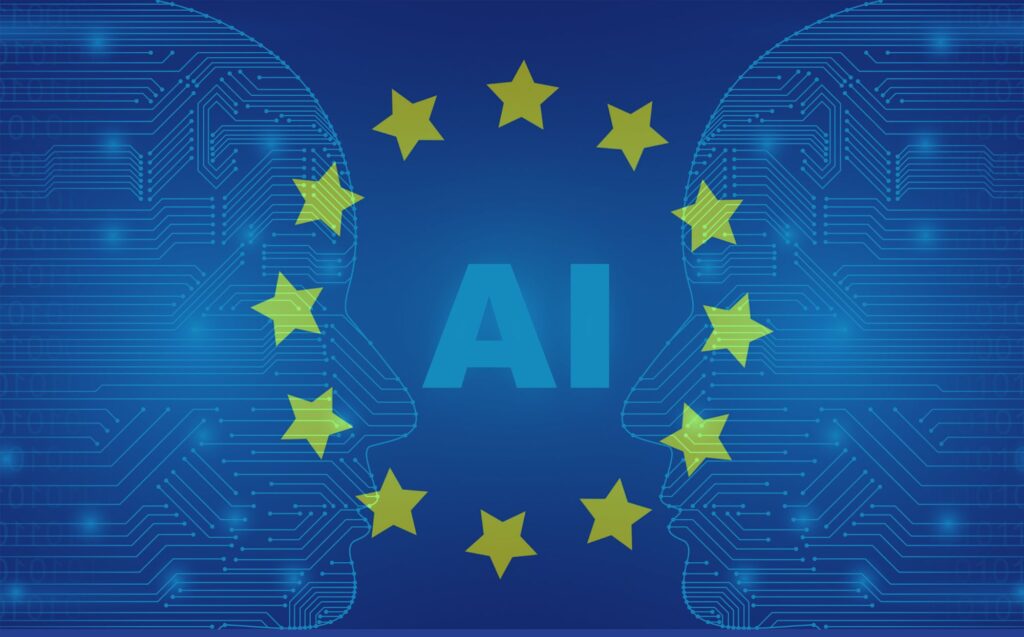The EU has been advised to prepare for the integration of blockchain and AI, per a May 24 report from the European Blockchain Observatory and Forum.

It has been recommended that the European Union (EU) prepare itself for the convergence of artificial intelligence (AI) and blockchain technology.
An initiative of the European Commission, the European Blockchain Observatory and Forum (EUBOF) monitored and analyzed blockchain developments throughout Europe before releasing its final report on May 24.
The report, which was authored by the Directorate-General for Communications Networks, Content and Technology, emphasized the potential of blockchain technology to foster innovation and facilitate integration with other technologies.
The EUBOF has identified a significant trend concerning the continuous convergence of blockchain technology and artificial intelligence. Blockchain technology enables the secure storage of sensitive AI data sets, which EUBOF claims can be advantageous in “healthcare and finance, where data security is paramount.”
The convergence of the two technologies may also facilitate the development of decentralized AI networks. The report continued:
“This can reduce the risk of data monopolies and promote collaborative AI development.”
Additionally, EUBOF concluded that AI can enhance the functionality of smart contracts, a finding applicable to a wide range of industries.
The study conducted by the European Commission also recognized the ongoing expansion of the decentralized finance (DeFi) ecosystem and projected the introduction of novel protocols and developing applications.
Finally, EUBOF predicts that the intrinsic interoperability, energy efficiency, and sustainability of blockchain technology will be the principal factors propelling its ongoing implementation.
EUBOF put forth a number of suggestions in this domain, which encompassed establishing itself as a global center of knowledge for blockchain, enhancing Europe’s involvement with diverse stakeholders, and resolving challenges that emerge from novel advancements.
The European Union (EU) declared its intention to modify the existing regulation that oversees the European High Performing Computer Joint Undertaking (EuroHPC) and supercomputing for AI development on May 24, concurrent with the EUBOF’s report.
Since the initiative’s inception, nine supercomputers have been developed and managed by EuroHPC throughout Europe. With the new AI factories that the amendment proposes, this objective will be advanced. At the time, Willy Borsus, minister of economy, research, and innovation and vice-president of Wallonia, stated:
“Unity is the strength of Europe, and together we have achieved great goals. We have seen this with the development of our world-class supercomputers, and now we want to boost the outcomes of these powerful machines through trustworthy AI.”
Hosting entities may receive up to fifty percent of the acquisition and administration costs of AI supercomputers originating from the European Union, per the new regulation. Five years after acceptance testing, the hosting entities may acquire ownership of these devices.
